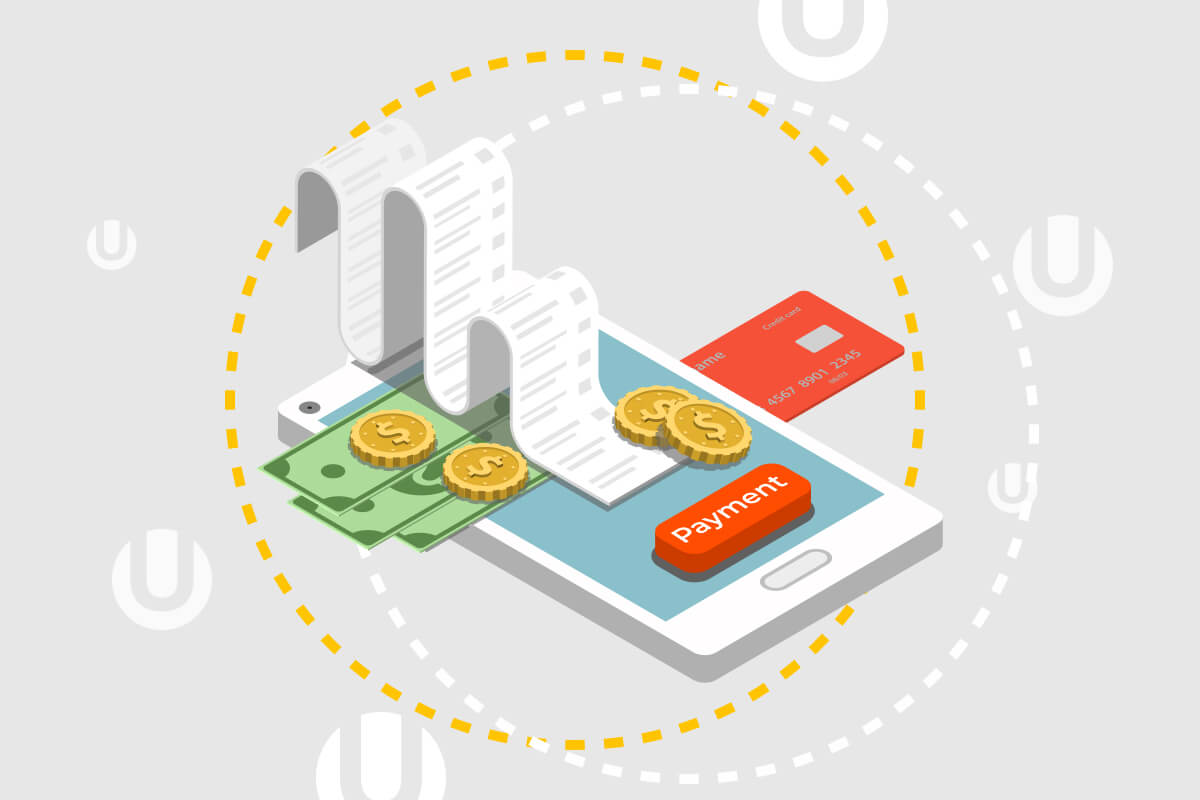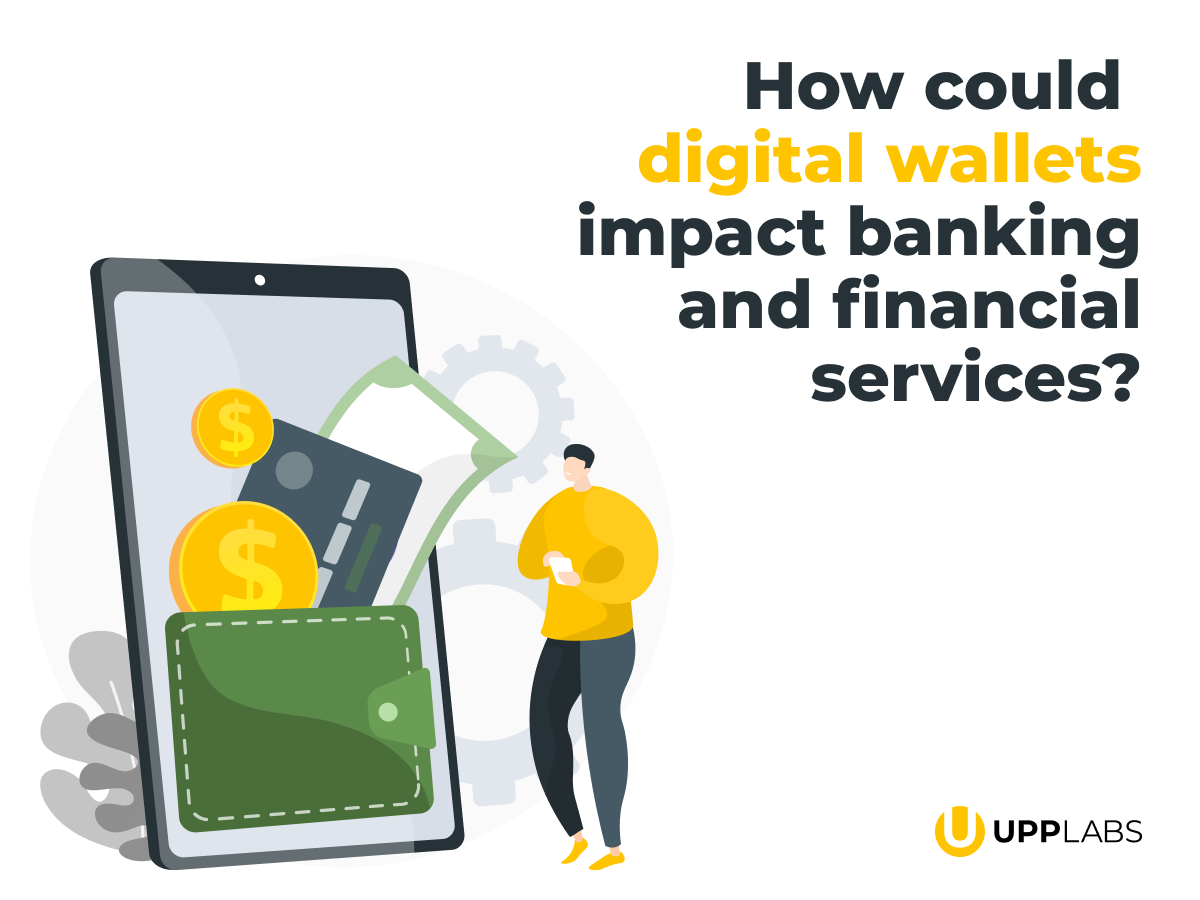Payment providers overview: how to minimize your spending?
All over the world, there is increased popularity and demand for electronic payments. This article will offer a payment provider overview and a selection of the main criteria that help you minimize your spending while maintaining money operations.
If you’re running an e-commerce site, then you will be using a payment service provider (PSP) of some sort or another. Nowadays, the payment providers appear so fast that it’s sometimes hard to understand which one to choose.
UppLabs case study
Once, an Israeli company approached UppLabs with a request to help choose the relevant payment provider. As a Fintech software development expert with many years of experience working with payment systems, we had a list of pertinent criteria applied to this search.
The client had to develop a system that will help to make sublease or lease services. One of the essential requirements for their payment system provider was splitting the payment into several parts. It meant that when they received a payment from the customer, the provider had to automatically split this payment into two parts at once, where one part of the funds was sent to their company’s account, and the other part was sent immediately to the customer. With all the needed technical and financial information, UppLabs could show our expertise and find a proper payment provider.
For example, let’s take the case of car rental. If a user comes to the website and wants to rent a car for $20 per 10 days, he/she chooses to pay an entire amount, where 20% goes as the payment provider’s fee, and the rest goes to the car rent vendor. Or the share can be 50% to the vendor, 20% to the payment provider, and a certain percentage is left on a hold balance.
Criteria to choose a payment provider
Among the main criteria UppLabs followed to find a perfect payment provider were:
- Ease of Setup and Use
- Third-Party Integration
- Types of Payments Accepted
- Customer Service
- Fees and Service Agreement Requirements
– monthly fees
– subscription fees
– processing fees
– a flat fee for each website
– a fee upon payment - Multiple Features to Choose From
- Territory of use
After thorough research, we found a similar solution to Stripe payment provider (as Stripe didn’t work in Israel). But let’s find out more about the work of payment solutions.
How do payment service providers work?
The payment service system is a set of rules, processes, and technical infrastructure that helps transfer value from one economic entity to another. Their main advantage is their speed of operation. Bank transfers now can take hours, while modern technologies allow instant transactions for purchasing goods or services, booking tickets, or merely transferring money from one account to another.
You also need to determine the payment gateways. The payment getaway is a hardware-software complex that allows you to automate receiving payments on the Internet. The payment gateway is developed by the payment providers, which determines its specification and is responsible for its support.
Payment providers solve three essential tasks:
- They guarantee the smooth operation of all system elements.
- They ensure the security of transactions.
- They protect against any disruptions in financial transactions.
Simultaneously, all the activities of payment systems must be regulated by law. It means all financial transactions and the rules and principles of functioning need to have a legal basis.
Let UppLabs help you with payment systems integrations!
What payment providers should you trust?
Many electronic payment providers currently maintain services for storing, money exchanging, money transferring, and payments. Each provider has its own strong and weak points, so there is no definite answer to the question of which one should be entrusted with your funds.
However, there are some criteria by which you can assess the reliability of a particular provider:
- The reliability of the electronic payment provider and its reputation. Of course, PSPs that have been in the market for many years is the preferred and reliable choice. However, one should consider that some payment systems may become outdated, lose popularity, cause a decrease in users, and the possibility of depositing and withdrawing funds decreases.
- The tariff policy of the electronic payment system, rates of commission payments.
- The quality of service and user support.
- Convenience and design of the interface.
- Possibility of testing before use.
- A set of current opportunities for carrying out transactions with funds.
- Variety and convenience of ways of transferring and withdrawing the funds.
Online payment providers you need to know about in 2021
Of course, everyone knows PayPal. Once, this payment provider was one of the most revolutionary technologies in the world. There were not so many alternatives at the time, and it not only allowed users to send and receive money from friends and family quickly and ensured that the money was much safer than many other options. Besides, PayPal has reliable billing, e-commerce, payment process, and reporting tools to allow users to accept payments for services and products easily. It’s no secret that PayPal’s interface is still pretty solid, but remember that the main reason PayPal is still so popular is that people are so used to it.
Quite a few other PayPal alternatives are available with lower rates, better customer service, and even better interfaces. For example, you might consider:
1. Stripe
Stripe handles everything from collecting payments to sending those payments to the bank (including direct payments and Bitcoin transactions), accepts payments from people and companies around the world, creates real-time payment reports, and supports Apple and Android Pay.
2. Payline
Payline is a payment processor that offers a wide range of solutions, including mobile, online, and in-store payments. Besides giving merchants the chance to accept payments in-store, online, and through a mobile app, this provider gives cash advances for merchants, customer insights, interchange-plus pricing structure, and QuickBooks integration that comes without a cancellation fee.
3. Skrill
Skrill makes international payments much easier as money can be sent and immediately transferred to any company’s debit card. Then the debit card can be used anywhere, including ATMs. Downloading, receiving, and spending funds from Skrill merchants are almost always free.
4. Square
Square payment provider offers an online store and a domain for free and then bundles it with shopping cart integration and billing, card information storage, and virtual terminal functionality. And for card processing, you get POS (point of sale) and mPOS (mobile point of sale) for free.
5. GooglePay
GooglePay is the best choice if you want to store and use your debit and credit cards. Spending money is easy online, and you can also put all of your cards on your phone for spending in physical locations. Sending payments from your smartphone is a core function and can be done online or in person.
6. 2Checkout
2Checkout is one of the most effective payment provider alternatives, mainly because it is about accepting payments worldwide. US fees are the same as PayPal, but other countries use higher rates when receiving customers’ payments. You can calculate your payment cost to see if 2Checkout is more affordable in your country.
7. Payoneer
Payoneer has expanded into the global payments market by offering tools to pay and send payments to and from customers and markets worldwide. The transaction process does not require any programming knowledge. You can embed the system on your website and get your money quickly.
8. Braintree
Along with a payment gateway and recurring billing, Braintree System provides you with a way to store your credit cards, similar to GooglePay. Although PayPal owns Braintree, it still operates as a reasonably independent company that competes with PayPal.
9. Authorize.net
This Authorize.net system is quite popular with online retailers as the platform provides reasonable prices, quality customer service, and an interface that almost anyone can use. There are no fees for setting up a payment gateway or merchant account.
Wrapping up
Considering the criteria list developed by UppLabs, we decided to compare PSPs we have described above. Download a PDF with the comparison of Stripe, Payline, Skrill, Square, GooglePay, 2 Checkout, Payoneer, Braintree and Authorize.net made by UppLabs. Features, fees, support, and regions PSPs operate.
Choosing a PSP can be difficult. This market is competitive, and you need to research all the fees and data before making a fully informed choice. It’s essential to base your decision not only on a price but to look if it can offer you precisely what you need. It needs to fit in the business model that will allow the company to thrive. In the end, it will come to 4 main criteria: security, support, simplicity, and price, and only these elements will matter when it comes to choosing your perfect PSP.
How UppLabs can help
With UppLabs, you can launch a new web or mobile application for your business, be it an e-commerce platform or peer-to-peer landing, rebuild your legacy system, get a sophisticated Fintech solution, or grow your engineering team with our developers.
We are experts in:
- Payment systems integration and optimization
- Money transactions platform engineering
- Fintech web and mobile development
- Online trading and exchange platform engineering
- Open banking and credit reference agencies integrations
- AI- and Machine Learning-based Fintech solutions
Regardless of the Fintech business model your business follows, UppLabs is ready to help, as we mastered the latest Financial technologies and gained experience in creating reliable and secure Fintech solutions and products. We have strong knowledge of Fintech trends, innovations, and new business models; we continuously learn, visit the best Fintech conferences, and have the best team of professional web and mobile developers.
Here, you can read the real-world Fintech case studies that we implemented, including rebuilding legacy solutions and payment systems.
You can also be sure that by partnering UppLabs, you partner developers experienced in Fintech development standards and limitations.
Let’s talk about your Fintech opportunities!



